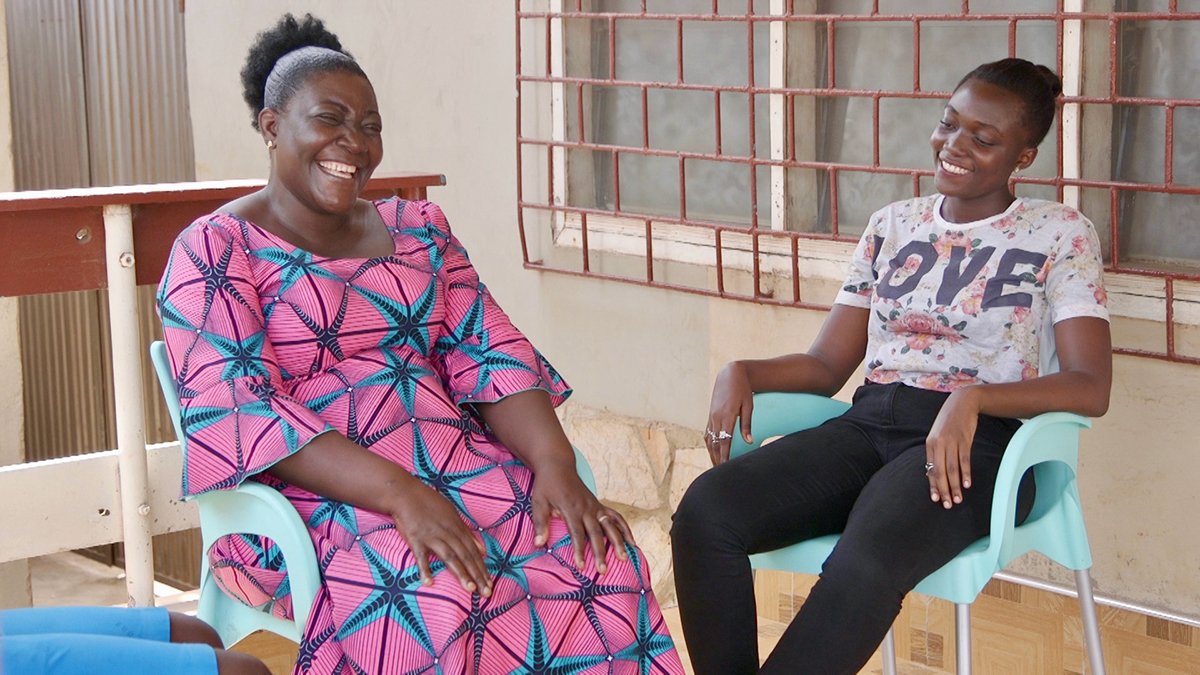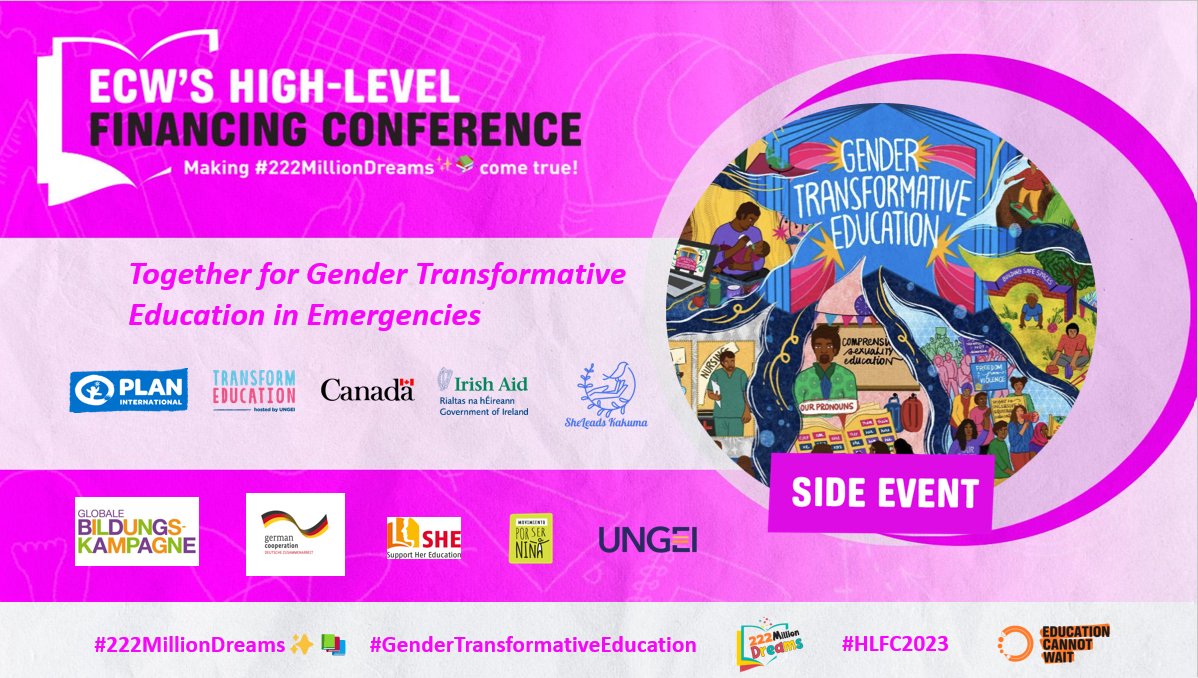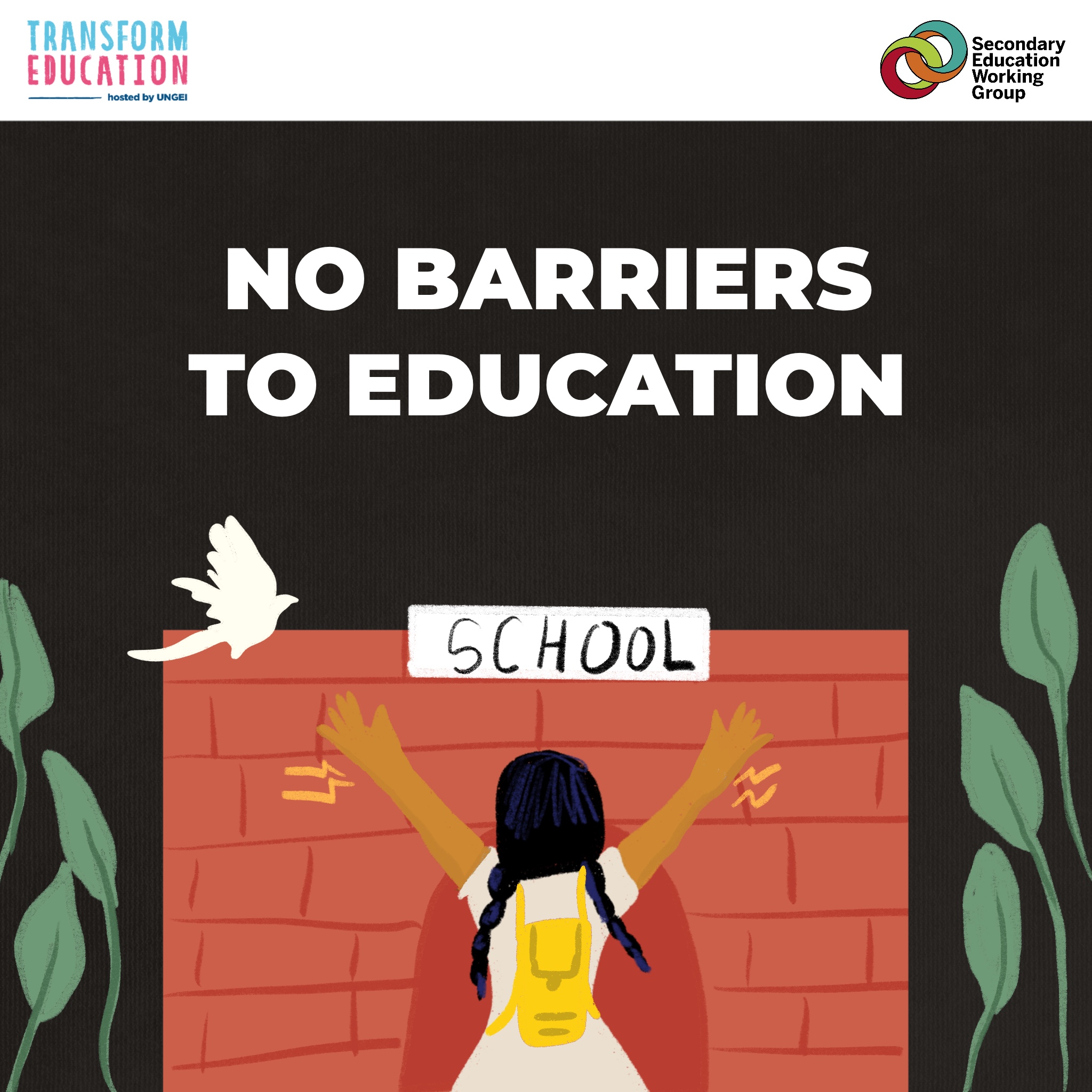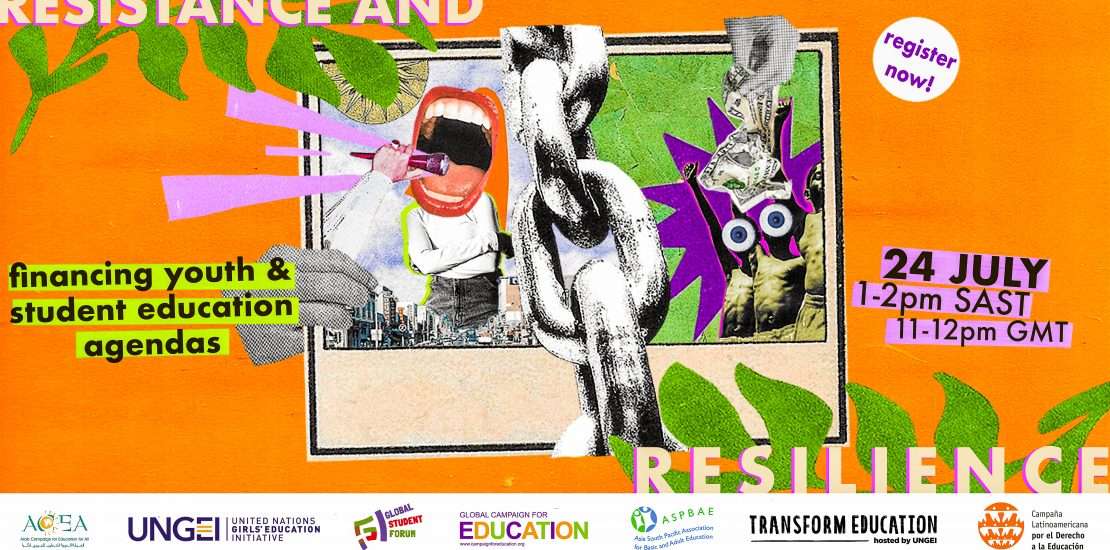After work, I journey for almost two hours on Ghana’s famous ‘Tro-Tros’ to get home to my family, food, television and my bed. What inspires me to get off at the bus station not too far from my home, over and over and make that 2-minute walk home, is the communal welcome I receive from the ‘Banku’ seller to the ‘Shito loo’ vendor, to the Muslim family that sells delicious ‘Pinkaso’.
‘Ayekoo’ they will shout and I respond with a resounding ‘Yaaye’. Then finally our usual tenant who rents the space in front of our gate and uses it as a relaxation ground but does not pay any rent will ask me “Wo ho te sen?” and I will reply with a smile saying ‘Me ho ye” after which he concludes our brief conversation with “We thank God for bringing you back.”
I feel the strong sense of communal pride every time I get off one ‘Tro-Tro’ or another. Pride in the woman I am becoming, in the girl I am, and, in the child they watched grow up in their midst. This pride emanates from the known history of the community that we live in. A community where some girls are easily married off to our older men because their parents can not afford to take care of them effectively, where school drop-outs start taking drugs and girls are often limited in their view of what success should mean for a woman. A community where children become mothers and fathers. My community takes pride in me, because in the middle of all of these I am an anomaly.
My story is different, I am a 22-year-old who grew up in the not-too prestigious ‘Zamrama-line’, and graduated from the University of Ghana with a first class in Family and Consumer Science. I am currently working as a National Service Person at the United Nations Population Fund with a dream of one day becoming the United Nations Secretary-General.
My story is different, not because my experiences and circumstances were entirely different from those who dream less, pursue little and ultimately become wives because that’s what our culture demands of a girl, but because I experienced the foundation that comprehensive sexuality education (CSE) provides for life.
Learning about CSE formed a core component in shaping my identity.

Learning about CSE formed a core component in shaping my identity. CSE tackled the formed precepts I had been socialised with, beliefs that my subconscious would usually whisper, “You need to get married before 25, and have children.” Sometimes these beliefs would say, “Don’t accomplish too much or else you will scare men away.”
I have learned to dream, to explore to live my best life for me, because I am important.
Dismantling that formed subconscious gave me freedom and from then on, nothing has been impossible for me to dream and to achieve. I have learned that I do not need to marry just because it is a cultural requirement but because I am ready to and I want to. I have learned to dream, to explore to live my best life for me, because I am important. As such, when other parents are worried about their children being so vested in romantic relationships at the expense of their academics, I have had no problem staying focused on developing myself and then finding a romantic partner when I am ready to help me achieve my dreams.
Most importantly though, I believe my self-concept has been the most positively impacted by comprehensive sexuality education. Body image is essential in building character, attitudes and perceptions about oneself. However, so often communities body shame people for not being curvier enough, busty enough, for not being voluptuous. All of this negative sets girls and boys on a journey to find validation for their bodies, a treacherous and unhealthy journey. I would have been set on such a path too, if CSE did not teach me that my body is unique and I can and should feel good about my size, skin colour and height. And guess what, I do!
The woman I am becoming is a fearless achiever, a liberated thinker, and one who makes her own decisions about her own life subject to no toxic cultural narrative. I am in love with her and anytime my neighbours say “Akosua, you have done well,” I am reminded that my community is in love with her too.
Glossary
Trotro — Commercial bus
Banku — Ghanaian dish made with fermented corn
‘Shito Loo’- Smoked fish
Pinkaso — Crunchy spiced fried dumpling
Ayeeko — A greeting meaning ‘Well done’
Yaaye — A response to the greeting ‘Ayeeko’
Wo ho te sen — How are you? (Twi language)
Me ho ye — I am fine (Twi Language)



 English
English العربية
العربية Български
Български Hrvatski
Hrvatski Čeština
Čeština Dansk
Dansk Nederlands
Nederlands Suomi
Suomi Français
Français Deutsch
Deutsch Ελληνικά
Ελληνικά हिन्दी
हिन्दी Italiano
Italiano Română
Română Русский
Русский Español
Español Maltese
Maltese Zulu
Zulu አማርኛ
አማርኛ